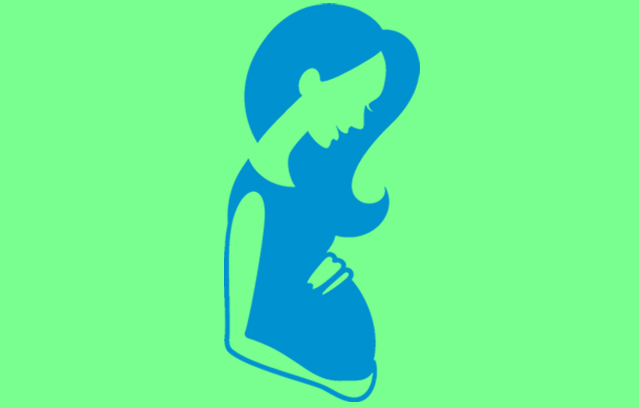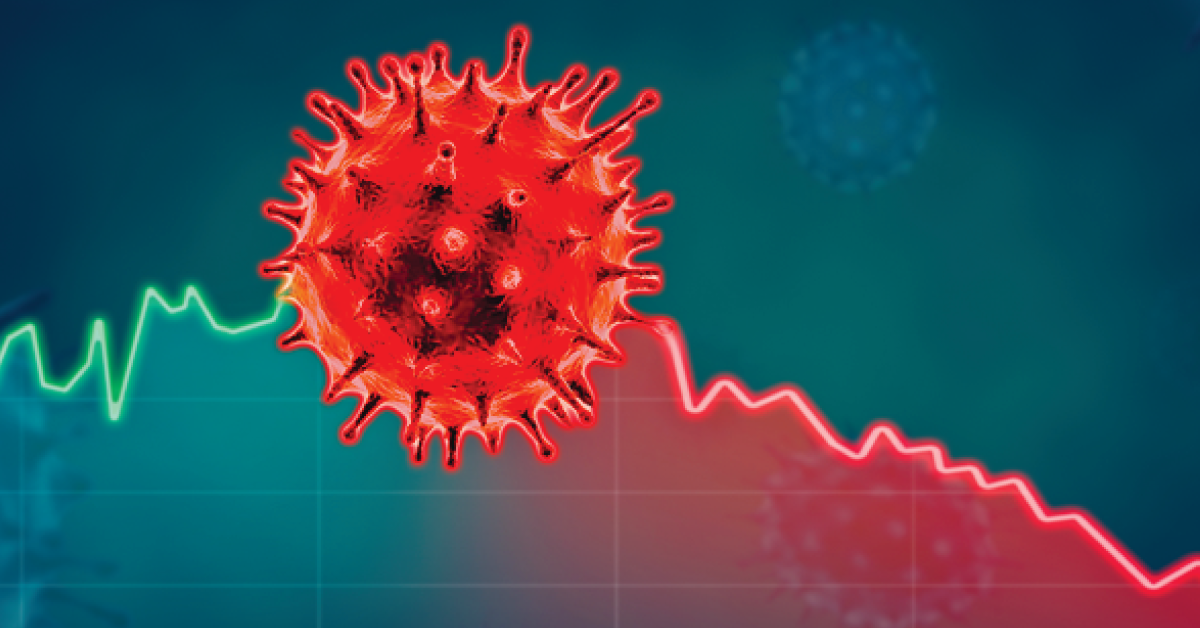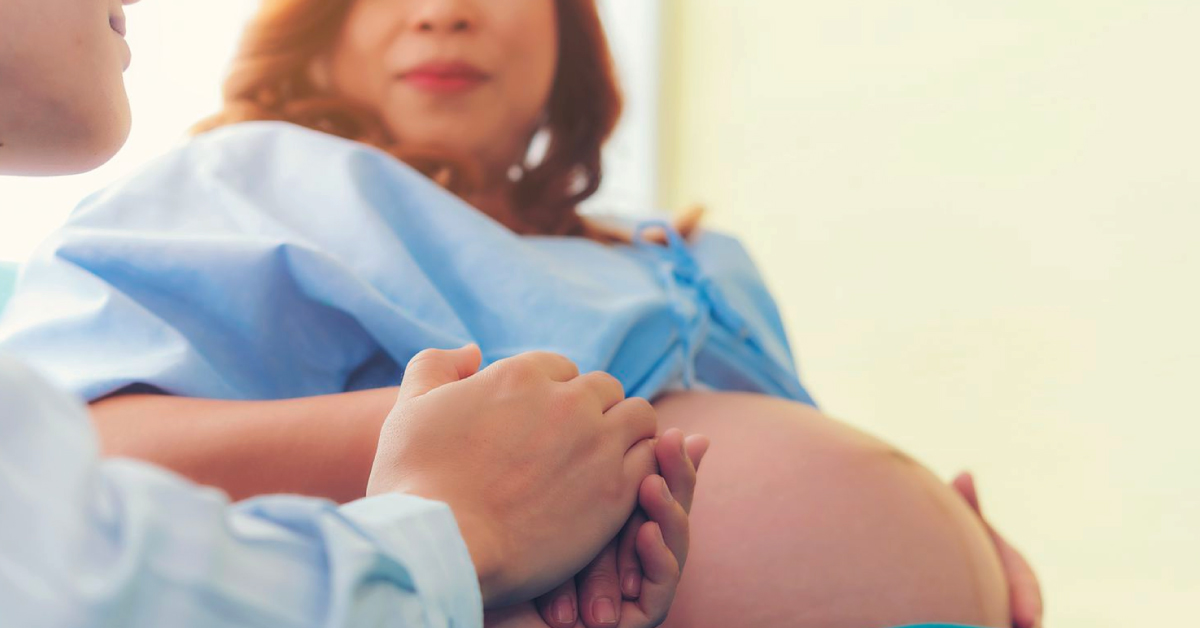
Gestational diabetes occurs during pregnancy (gestation) even if not affected previously. Like type1 and type2 diabetes this too affects the blood sugar levels. Gestational diabetes increases sugar levels. But no need to worry, a perfect diet can help in maintaining the sugar levels, healthy pregnancy, healthy baby and a safe delivery. Fortunately gestational diabetes will come to normal soon after pregnancy. But if gestational diabetes causes there are more chances to get type2 diabetes later on. This too can be prevented by taking proper precautions and the advice of a gynecologist.
Causes of gestational diabetes
During pregnancy there are numerous changes in hormones. Gestational diabetes attacks when the body of the pregnant lady cannot produce enough insulin. A condition called insulin resistance occurs. Here the body undergoes many changes like weight gain and a transformation to accommodate a fetus inside the womb. So body cells cannot utilize insulin effectively.
Insulin resistance is observed in most pregnant women. But some women even before getting pregnant have this condition. So there is a necessity for more insulin. So they are more vulnerable to gestational diabetes. Proper causes for this are not known. But some studies show that women with obesity or high cholesterol levels are more likely to develop an insulin resistance condition which leads to gestational diabetes. If you have any doubt, get an online consultation with a gynecologist.
Symptoms and risk factors of gestational diabetes
The symptoms are not particularly identified. They are different from each person. Anyways common symptoms include unexplained hunger, fatigue, frequent urination and more thirst. If any of these symptoms are seen consult a gynecologist and seek advice.
When coming to risk factors there are few. Any complication during pregnancy can be bothersome. But do not worry it can be overcome with care. The risk factors to the pregnant women with gestational diabetes are as given:
- Had gestational diabetes previously
- Having a family history of diabetes
- Being obese or over weight
- Other complications like poly cystic ovarian disease (PCOD)
- Having thyroid problems or high blood pressure
- Taking corticosteroids
- Being at 35+ age
Women with any of the above stated points need to consult a gynecologist to reduce the complications and effect on the fetus.
Consequences and complications
Gestational diabetes if left unattended can give serious outcomes. It can lead to other complications to the mother or fetus or both. Some of the common complications are given below.
Complications to baby
- Over birth weight
If the mother has gestational diabetes, blood sugar levels will be high. So the fetus might grow more than normal. If the baby weighs more than 4kgs it is hard to have a normal delivery. If normal is preferred also there can be birth injuries. C-section will be mandatory.
- Low blood sugar (Hypoglycemia)
Babies might have low blood sugar levels (hypoglycemia) soon after birth. If this is severe or continues for a longer time, the baby can get seizures. To avoid these proper nursing and if needed intravenous glucose is given. Diabetologist suggestions are to be sought before doing.
- Premature birth
Due to high blood sugar levels sometimes early or premature labor pains might arise. So premature birth can happen. Sometimes even it will a need to do premature delivery due to over weight of the baby. In rare cases there can be stillbirth, that is a dead baby.
- Breathing difficulties
If premature birth occurs due to gestational diabetes, babies might get respiratory distress syndrome. There will be difficulty in breathing.
- Obesity and type2 diabetes later
If the birth occurs in gestational diabetes there can be risk of obesity and type2 diabetes in later years.
Complications to mother
- Future diabetes
If you have gestational diabetes then there are all possibilities to get type2 diabetes later. There can be gestational diabetes for the next pregnancy too.
- High blood pressure
Along with blood sugar levels blood pressure also gets rising. This can also lead to preeclampsia, a critical condition that raises blood pressure. This can risk both mother and fetus lives.
- C-section
Even though C-section is prevalent, it is not much preferable. If the baby weight is more then C-section becomes inevitable.
- Always have frequent consultations with a gynecologist. Take advice from a gynecologist and medication as prescribed. Do not decide yourself.
Diagnosis and treatment
The symptoms in gestational diabetes are not seen much. But general diabetes symptoms are given above. If you have any symptoms or suspicions about diabetes, initially speak to a gynecologist. Tests can be done as per advice. In general gestational diabetes might attack during the 22nd to 24th week of pregnancy.
Gynecologist might ask you to get the blood and urine tests done. There are four types of tests. Random, fasting, A1C and glucose tolerance test. Any of these can be advised by a gynecologist. Urine tests for the presence of Ketones can also be advised. Once you are diagnosed with gestational diabetes all the necessary precautions are to be taken. Gynecologist advice is needed. Get an online consultation with a gynecologist.
As known to all there is no cure for diabetes as of now. Fortunately gestational diabetes can come to normal or subside after delivery. But during pregnancy treatment is to be taken from a gynecologist.
- Take healthy and proper food at regular intervals. Seek the help of a diabetologist to know what foods are to be preferred and what are to be avoided.
- During the first trimester food intake is a big challenge. There will be morning sickness, food aversions, nausea and cravings too. So choose a nutritional diet as per your cravings. Even though nausea is there, take gynecologist help to reduce it. Do not stop eating with fear of nausea. Instead take in small portions and at regular periods.
- Go for regular checkups. Do not skip a visit to the gynecologist. Even the tests prescribed are also to be done without fail. Apart from that, baby development is also to be monitored.
- Be active. Even though rest is needed at pregnancy it is equally important to be physically active. Consult a gynecologist to know what activities can be safe and maintain your sugar levels.
- Do yoga. There are specific and personalized yoga centers and also online yoga classes for pregnant women. This can help in proper opening of the cervix. Which can avoid C-section.
Prevention of gestational diabetes
Once gestational diabetes attacks, it will be a little hard to deal with. So it is always better to prevent by all means. Once you decide to conceive, get prepared for pregnancy.
- After being pregnant it is not advisable to lose weight. So try to reduce your weight if it is more than ideal weight.
- Take a healthy diet and workout to lose weight in a healthy manner. Do not use short cuts or steroids.
- If you had gestational diabetes during the first pregnancy and you are planning to be pregnant again consult a gynecologist and get proper medical advice.
- Some screening tests can be prescribed by gynecologists to assess the risk factors and to suggest precautions.
- Be active even before pregnancy. Do at least a 20 minute workout or even a brisk walk.
- Reduce sweets and sugarcane products. Add more fresh vegetables, fruits and a fiber rich diet. Instead of aerated drinks or soft drinks take fresh fruit juices.
- Try to avoid packed food and junk food. Reduce caffeine intake. Minimize to twice a day.
Do not worry about anything. Pregnancy is a boon to women. Enjoy your motherhood being conscious that there is a small baby resting inside the womb. Be regular at gynecologist appointments. Do not skip diagnosis tests. If needed, get an online consultation with a diabetologist and a dietitian too. Gestational diabetes can come to normal after delivery.


